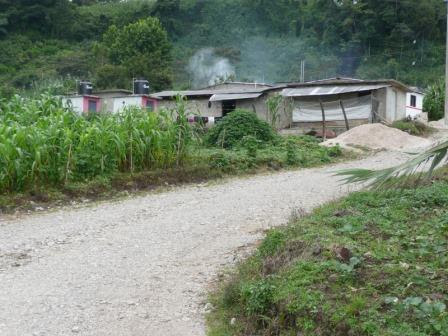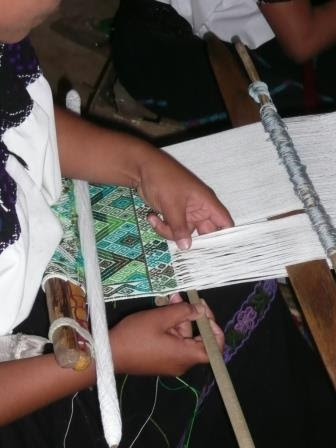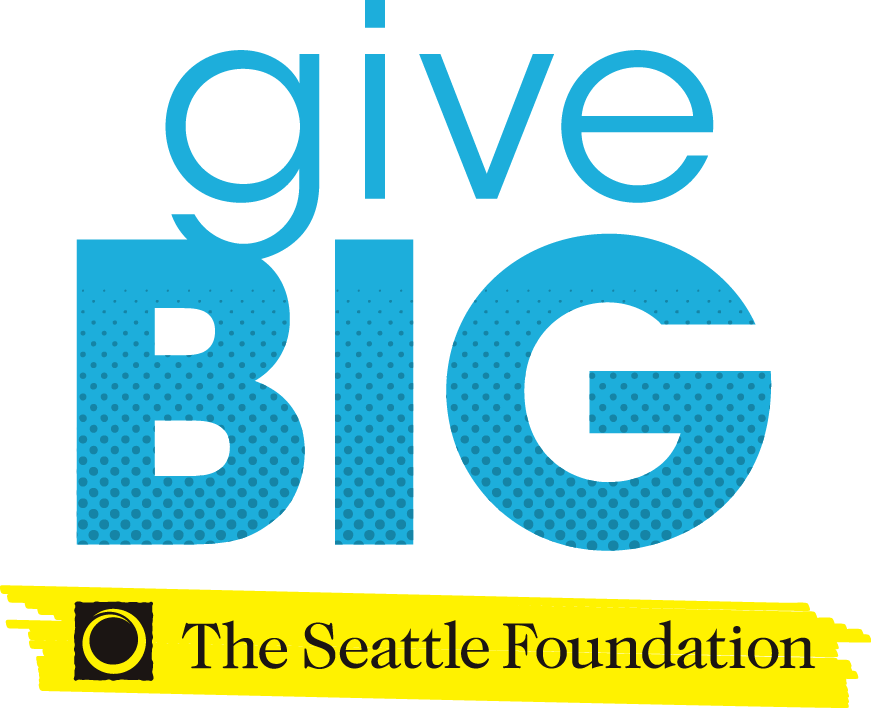Today is the 6th annual Global WA Conference. Like the past 5 events it looks like this one will be great.
Web link
Wednesday, December 3, 2014
Thursday, November 20, 2014
The International Foundation Announces a $15,000 Grant to Support our Cook-stove Program
Sunday, October 12, 2014
Register here for the big party!!
Día de Muertos (Day of the Dead) kid-friendly donor appreciation party
12549 28th Ave NE
Seattle, WA 98125
Friday, October 3, 2014
Save this FUN Date!
12549 28th Ave NE
Seattle, WA 98125
PS You're welcome to bring friends!
Thursday, September 4, 2014
WOW what a busy month
Sunday, August 17, 2014
Summer Newsletter -- We have been busy

WFH exists because of you!!! Thank you for your support.










This success has caused us to pursue a second generation clean cook-stove - Generation 2.0. This new stove design will be less costly and much easier to build, more efficient, and thus more sustainable. To make this a reality, we are raising funds for research and development, prototype tooling, and stove certification by the Aprovecho Research Center in Cottage Grove, OR. Certification is very important, because it will give the stove world-wide credibility and enable the stove-builders and emerging social venture enterprise to support their claims as they market the stove.
Certification of clean cook-stoves is an initiative from the UN and the World Bank. Generaton 2.0 will meet the certification standards of the Global Alliance for Clean Cook-stoves. This includes international standards certified by a third party for indoor and outdoor emissions, and overall cooking efficiencies. The certification process enhances WFH's design process for producing a better stove. It also allows governments, NGOs and end users to objectively evaluate different technologies and provides the potential of selling carbon credits to support climate change initiatives. The Gen-2 clean cook-stoves will be tested in the homes of participating community members.
Our goal: Generation 2.0 cook-stove will be ready six to nine months after we secure the required funding.








With the help of our partner, The Hunger Project (THP), and patent attorneys associated with Invent for Humanity, we plan to secure intellectual property rights in Latin America and India. In collaboration with THP, we will help form a co-op business structure for a social enterprise starting with our current promoters (stove builders) to make the stoves available in the greater Mazateca region.
Tuesday, August 12, 2014
Why A Toilet Alone Won't Do The Job: The 'Software' Of Sanitation Innovation
- WHO/UNICEF Joint Monitoring Programme for Water Supply and Sanitation 2010
Since 2008, the “International Year of Sanitation,” the topic of toilets has more frequently appeared in media all over the world. Despite many efforts, today there are still 2.5 billion people worldwide without access to improved sanitation. Why? Because a toilet alone won’t do the job.
(complete Forbes article)
Tuesday, June 24, 2014
Stan is "On the Ground" in Chiapas Mexico
Late last month a group of representatives from Chiapas went to the Mazateca to see-use and meet both the stove users and builders. This was culturally significant event as these two indigenous cultural groups had never met each other. In addition they don't peak the same language! At one level this project is ground breaking as it is being lead by two indigenous cultural groups, that will work together to help expand our stove program in another region in Mexico.
In building the stoves for the families in Chiapas they wanted some modifications to the design. First, the women make tortillas sitting down, vs standing up in the Mazateca. Thus the stove will be modified to meet the specific cultural needs of these women by lowering the Comal side of the stove. Second, they wanted the other side of the cook top to be a little lower which we will accommodate. In addition they would like the next generation builds to be in a long line or "L" shape. All of which we can accommodate in the future.
The goal of this pilot build is to; first have the 'Promoters" in Chiapas learn how to build the Gen1 stove from the experienced Promoters from the Mazateca, test the modified design, and then let the families use the stoves for a few months to determine if the "like" then as much as they thing they will. They already got to use them in there prior trip to the Mazateca, and to suggest modifications and improvements so the stoves will better meet their expectations.
Stay tuned as I hope to hear from Stan (I don't know if he will have internet access or not) over the next 10 days about the progress.
Rick McKenney
Executive Director
Water for Humans
Saturday, June 14, 2014
Mico-Projects in a Macro World: How to Ensure Non-profit International Development Projects Succeed Where Others Fail
Spanda Journal
Abstract:
Tuesday, April 22, 2014
Water 4.0
Monday, April 21, 2014
Wednesday, April 9, 2014
Help Stoves Save the Rainforest


50% less wood and saving their rainforest.
Help them continue their great work on
giveBIG Day at the Seattle Foundation.
Every dollar will be stretched! Save the date, May 6th

Saturday, March 22, 2014
World Water Day (3/22)
Friday, March 7, 2014
The Current Status of this Gates-Funded, Reinvented Toilet
Monday, February 24, 2014
Wednesday, February 19, 2014
"La Mazateca" Video of our stove builders and users
Tuesday, January 28, 2014
Award for our Clean Cookstove Program at the GTIF conference in Geneva
Here is a YouTube of the presentation I gave; http://youtu.be/YoRj3XA6ZQE
Or on SlideShare at http://www.slideshare.net/slideshow/view/30510328?login=rickmckenney&title=gtif-wipo-jan-20141
Wednesday, January 22, 2014
In Geneva on my way home :)
After attending the 3rd meeting of the LESI (License Executive Society International) Global Technology Forum, to receive an award for our cookstove program, I am getting ready for the long day of travel back to Seattle. I leave Geneva at 12:20, then leave Heathrow at 2:30, and arrive in Seattle at 4pm. Wow I only wish it was really a 3.5 hour flight!
Tuesday, January 21, 2014
LESI- GTIF COOKSTOVE AWARD.
Last night I received an award for our innovative cookstove design and implementation. The "Licensing Executive Society International", third annual meeting "Global Technology Impact Forum" sponsored the event and award. This conference - Society is primarily patent lawyers, and IP professionals. At one level I am a "fish out of water", as much of our work is "open source". However, our Generation 2 cookstove will have IP (intellectual property-patents - licensing) associated with it. Beyond the award the networking has led to the potential of receiving probono legal IP work. And a representative from the Mexican Federal Finance Minister's office is here, so now we have a great connection with the new Federal government, for several funding opportunities.
Monday, January 20, 2014
Day one at the World Intellectual property Forum.
Later tonight I will make a major announcement for Water for Humans, associated with this conference.
This is an interesting place for me to be in as most of our work and innovation is "open source", however, with our Generation 2 clean cookstove program there is the potential for I.P. and licensing of the design and implementation model.
Friday, January 17, 2014
On my way to Geneva
Rick is getting ready for a 10 hour flight to the UK, then on to Geneva. I will arrive in Geneva about 4pm on Saturday! I am going to accept an award for our cookstove program. More about the award after it is announced.





